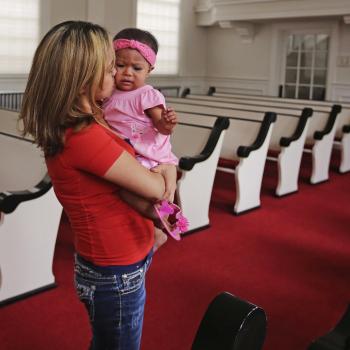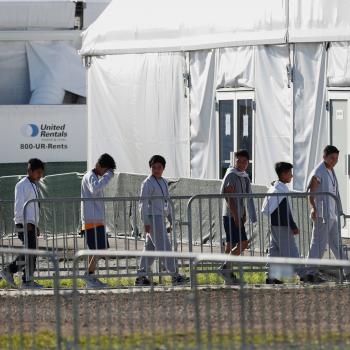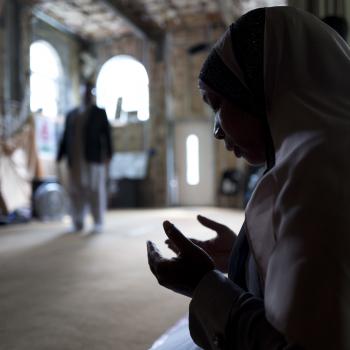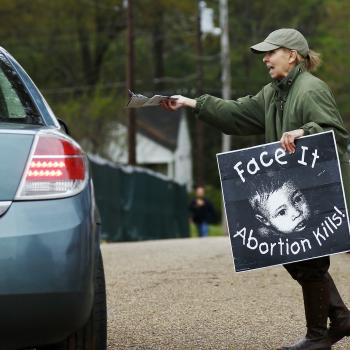By Shaun Casey.
The success of refugee resettlement undoubtedly has required a “whole of society collaboration,” and it is a woefully under-told good news story.
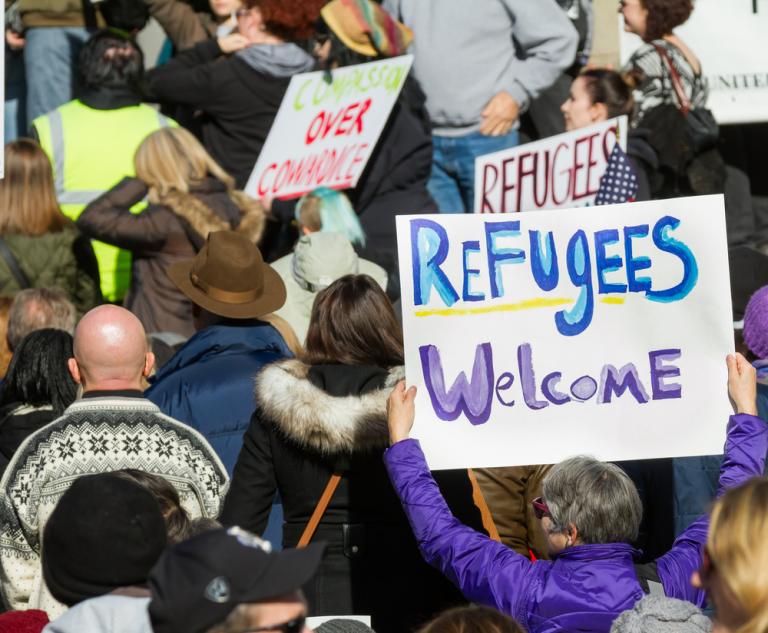
During the past few months, I’ve been privileged to have one-on-one conversations with some of the “1 percent” in the United States. To be clear, I’m not talking about the wealthiest of the approximately 318 million Americans in the United States. I’m referring to refugees resettled in cities like Des Moines, Dallas, Phoenix, Chicago, Jersey City, and Baltimore—refugees that are among the more than 3 million people that the United States government and its partners have resettled since 1975.
I met individuals like Nasser, a Burmese refugee who washes dishes at a local casino at night, but who by day is establishing a Rohingya cultural center to assist other refugee families. I spoke with Shakra, an Afghan woman who relays that she received death threats in her country of origin, and who now speaks in impassioned tones about her hopes that her eldest child can pursue dreams of becoming a doctor in the United States. I was privileged to talk with Youssef, an Iraqi refugee whose story is illustrative of the challenges and opportunities refugees face in creating a new life for themselves and their families in the United States. Youssef works 90 hours a week at two different jobs to provide a better life for his children. Recently he took the oath to become an American citizen, an experience he said was one of the most emotional and moving of his life. “I still believe in the American dream,” he said.
The refugee resettlement program in the U.S. is a unique public-private partnership that involves the U.S. Department of State, state governments, a network of nine contracted refugee resettlement agencies (six of which are religiously-affiliated), and the support of local communities. This includes civil society, municipal institutions, religious communities, and others that make resettlement processes possible. The success of refugee resettlement undoubtedly has required a “whole of society collaboration,” and it is a woefully under-told good news story.
Since Congress enacted its first refugee legislation in 1948 and admitted thousands of Europeans displaced from World War II, American religious communities, among others, have boldly been at the forefront of efforts to welcome refugees to the United States. When standardized federally-supported resettlement services were approved by Congress in 1980 and the United States faced the challenge of resettling hundreds of thousands of refugees, religious communities served as an example of the compassion, generosity, and leadership that are characteristic of American society.
It’s not hard to understand why. In April, Secretary Kerry gave a speech at Rice University about the intersection of religion and policy. He noted that “religion today remains deeply consequential, affecting the values, the actions, the choices, and the worldview of people in every walk of life on every continent and, obviously, also here at home.”
Consider for a moment that four out of five people on the planet identify with a religious tradition. Religious teachings, texts, movements, and leaders have been a powerful force in shaping political contexts and geographic boundaries. It is religion, beliefs, and values that are the catalysts that encourage many people to build bridges, not walls, with “the other.”
Secretary Kerry created the Office of Religion and Global Affairs in the U.S. Department of State to advise him and the entire U.S. State Department on how religion impacts U.S. foreign policy priorities. In its almost three years, our office has helped the Department establish wider and deeper ties with key religious stakeholders and actors who are effecting change in their societies. With regard to refugee resettlement, however, there is much to be learned and shared about American religious communities who have committed to reaching out to and supporting refugees—through financial support, furniture donations, offering English classes, creating women’s empowerment programs, establishing innovative agricultural incubator programs, and a myriad of other activities.
But religion is also complex. As Secretary Kerry noted, it can prompt some to eagerly reach across borders of nation and creed, and others to build higher and higher walls separating one group from the next. It can provide a justification to deny the common humanity shared with “the other,” or repudiate the idea that refugees enrich American communities economically and culturally. It has led Americans to conclude that the U.S. government and its partners cannot be equally concerned about the security in our country and the well-being of the world’s most vulnerable seeking a chance for a new life in the United States, when in fact the opposite is true.
June 20 is World Refugee Day, and an opportunity for the “99 percent” in the United States to welcome the “1 percent,” people hoping for an opportunity to live a normal life and effect positive change in their communities. In reality, though, almost all of us are the “1 percent”; our ancestors came from somewhere other than the territory we call the United States, seeking tolerance, freedom, and an ability to lead ordinary lives. Local community organizations, religious institutions and leaders, and volunteers are already taking visionary steps to welcome refugees and create connections. The challenge is identifying ways we can celebrate the diversity and resilience of American society, and the ways that all of us—all 100 percent—contribute to the strength of the United States.
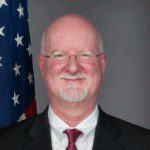 Shaun Casey serves as the Special Representative for Secretary Kerry’s Office of Religion and Global Affairs at the U.S. Department of State.
Shaun Casey serves as the Special Representative for Secretary Kerry’s Office of Religion and Global Affairs at the U.S. Department of State.




